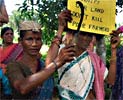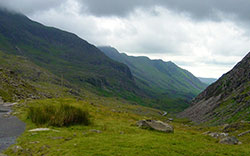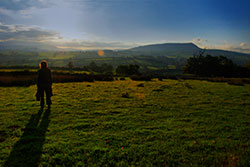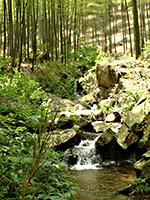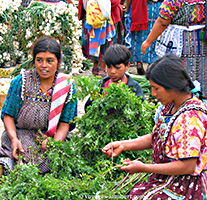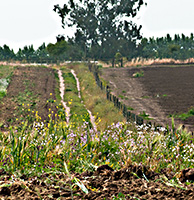A small village in Wales, United Kingdom – 1919
Gas masks
“Piss off, you,” says an elderly farmer with grey bristly eyebrows to Jim of the Rock. “No, no, really,” Jim insists, “thanks to me we won the war. Look here.” He pulls a wrinkled envelope out of his shabby dark green jacket, with a letter from a general in it, and a picture of him with two mules. All three of them are wearing a gas mask.
Jim is from a very small farm, 'The Rock'. He is not that big, red-haired and freckled. In 1914 he volunteered for the army. He was fed up with farm-work, and with his short-tempered father. In the army Jim took care of a group of mules. Miraculously he succeeded in staying unharmed until just before the end of the war, when he got a few shell splinters in both of his legs. For a long time the doctors considered amputating his legs, but in the end it was not necessary. Since then Jim walks with difficulty, in fact he hobbles.
When Jim returned to The Rock, he wasn't the same any more. All he talked about was the war. He was playing his flute a bit in the farmyard, and hanging out at village pubs, where people soon became tired of his stories. On the farm he didn't do a stroke of work any longer, much to the anger of his father.
“Do you see those animals in the picture? I felt so bad for them. When there was a gas attack, they all died. I said to the sergeant, 'Why do we have gas masks and they not? Why do they have to die?' The sergeant wrote a letter to the general, and then gas masks arrived for the animals. Look, here is the thank-you letter from the general. The Krauts didn't have them. Their animals still died. Later on they did give the mules gas masks, but then it was already too late, then they had almost lost the war.”
“Yes, son,” the elderly farmer answers, “have a pint on me. It has not been easy for you. But now, the war is over.”
_______________________
Source
On the black hill (1982) written by the English author Bruce Chatwin is a touching novel about twins on a medium-sized farm. It also pays some attention to the life of peasants in the region.
Go to:
= the next page: The civil war is still not over - a hamlet in the Don Valley, Southern Russia – summer 1920 (3), story 64.
= the Table of contents, story 63.
